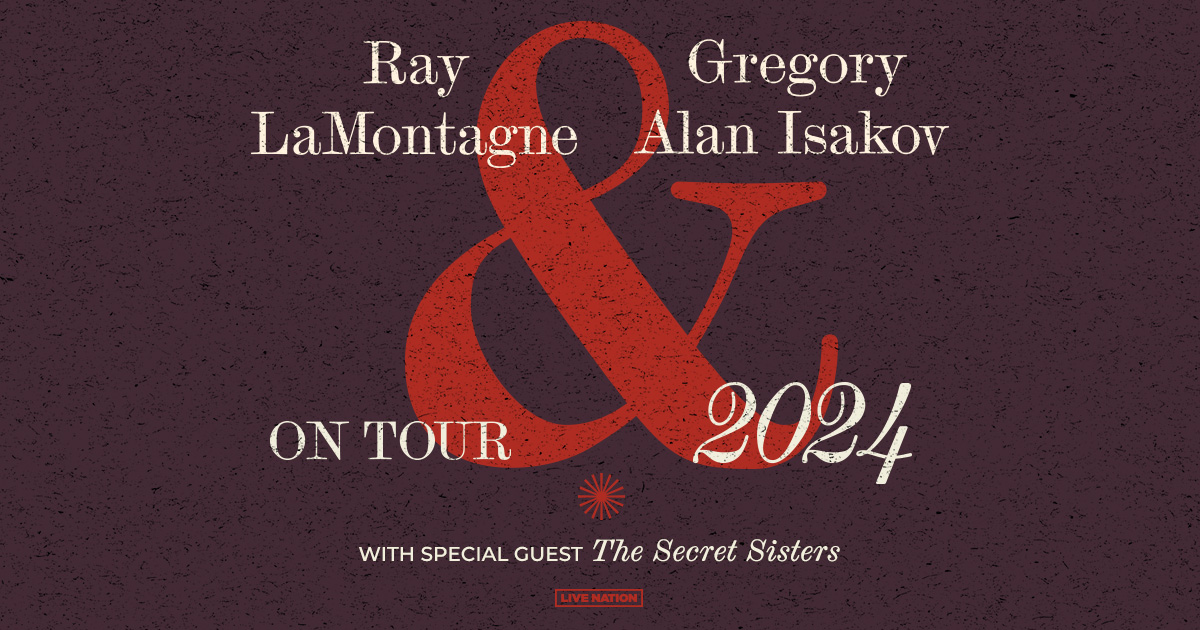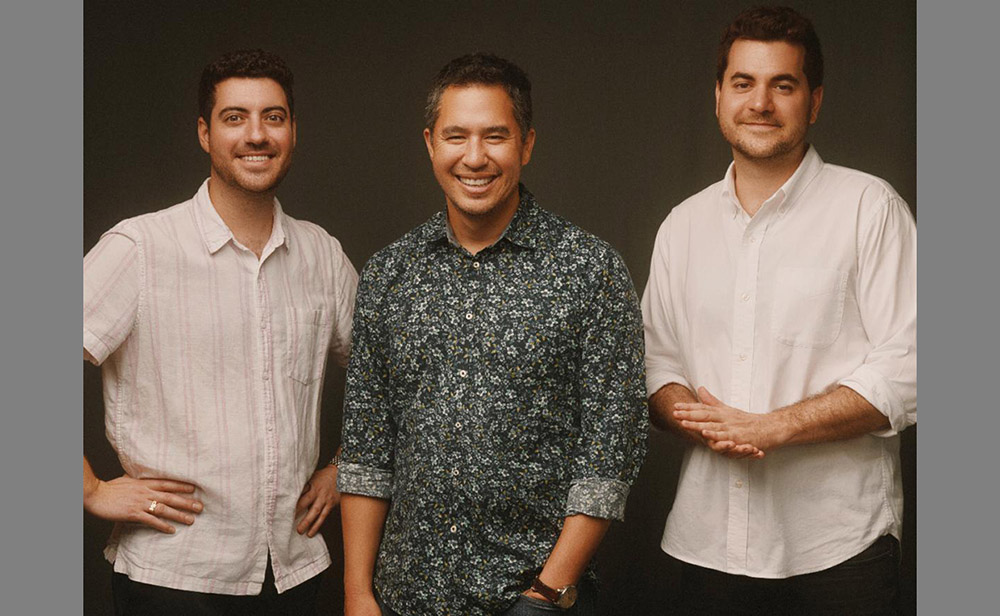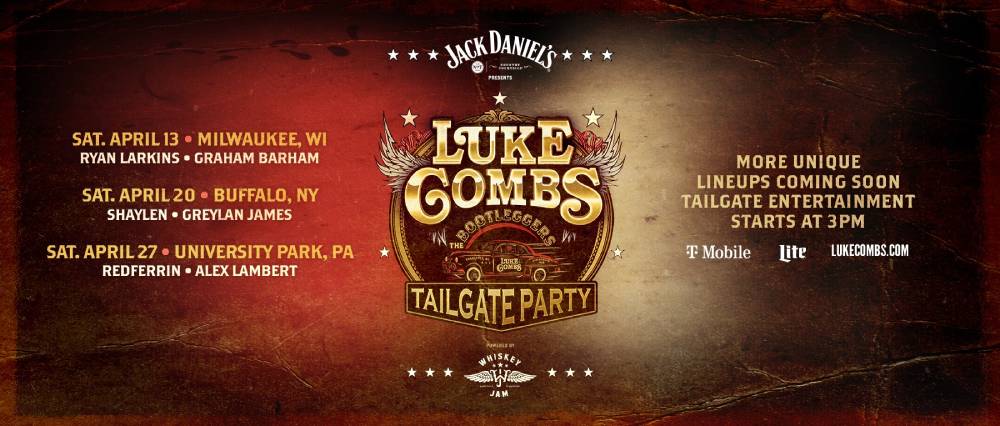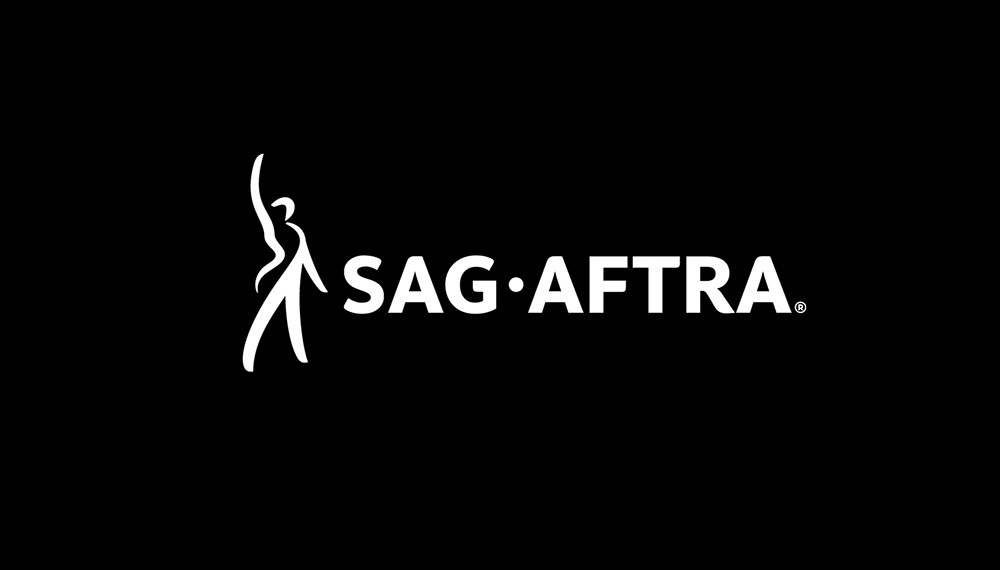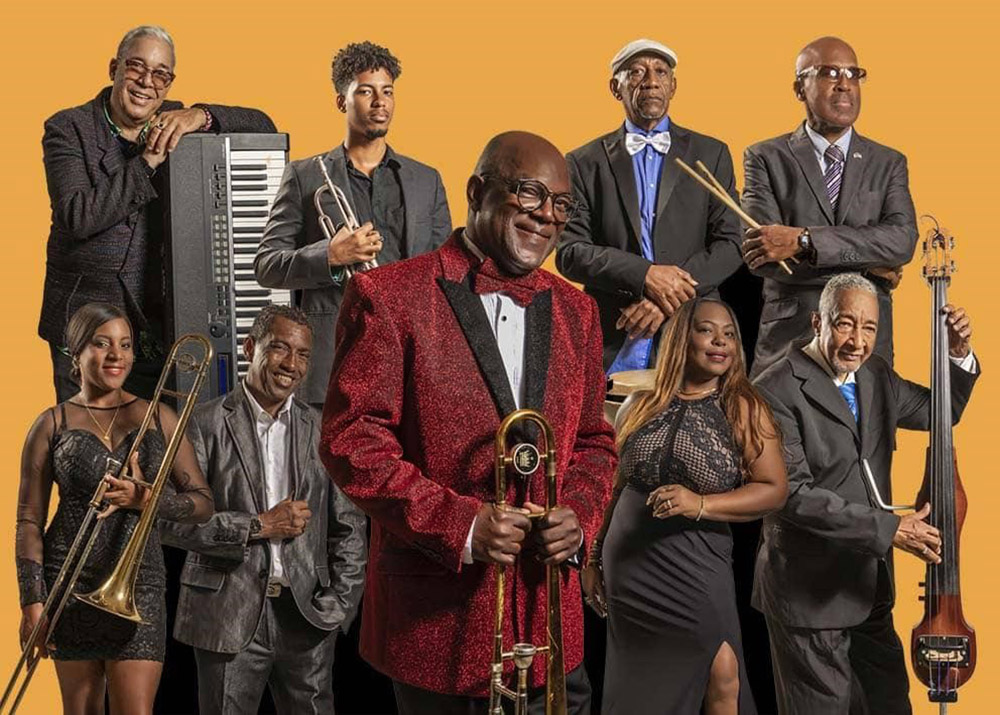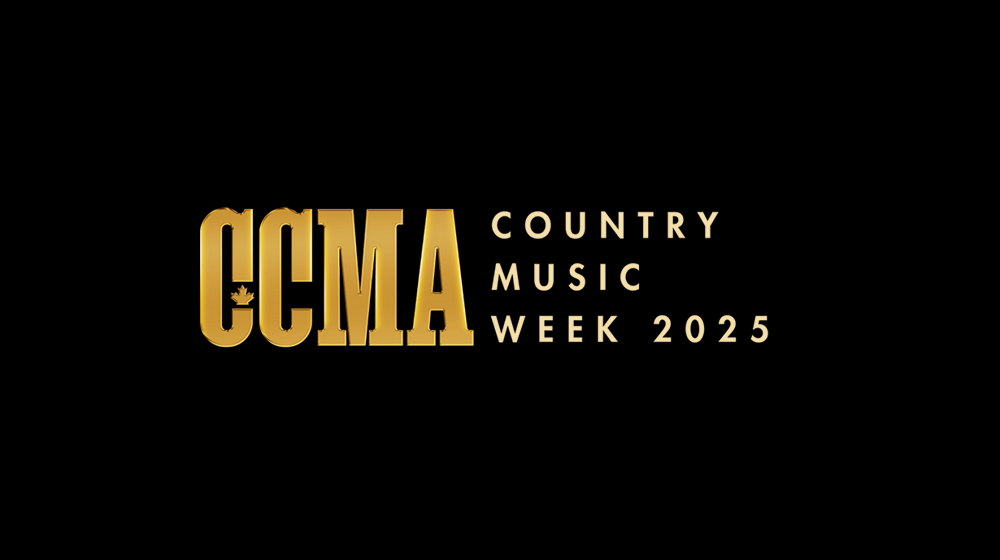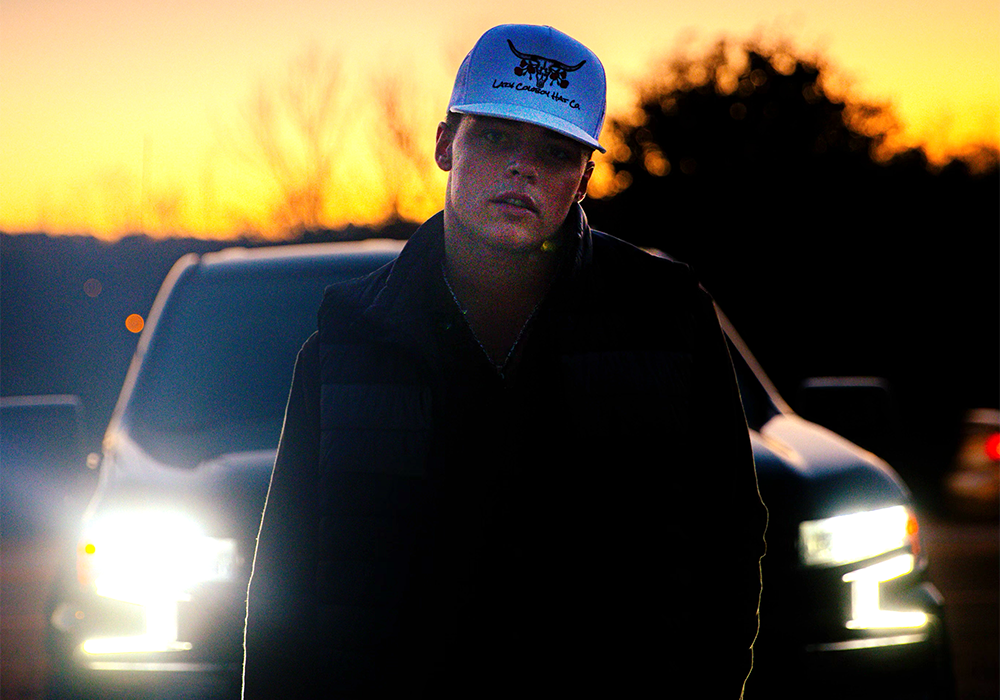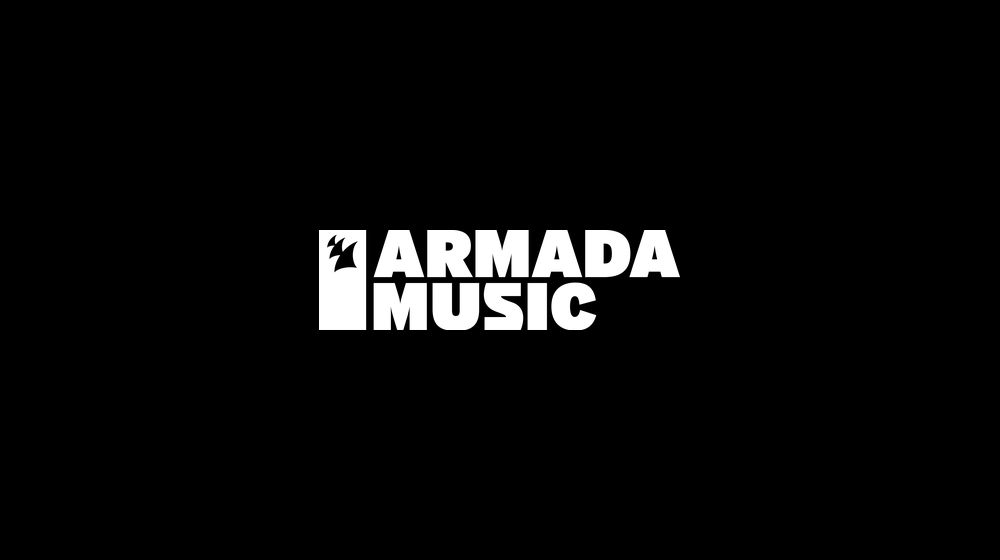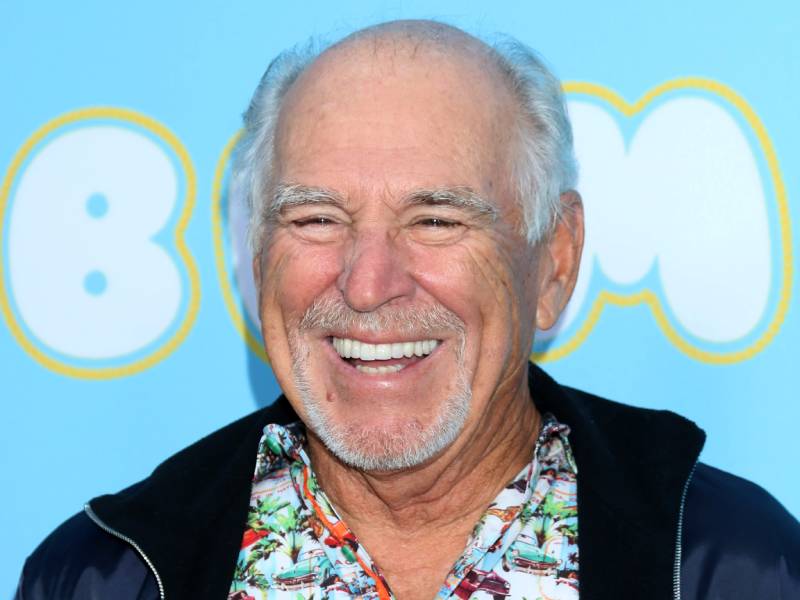
NASHVILLE, Tenn. (AP) — When producer T Bone Burnett set out to make the soundtrack to the Civil War-era film, "Cold Mountain," he drew as much from his love of rock 'n' roll as from traditional American music.
Burnett mixed period pieces with new songs written by contemporary rock artists Sting, Elvis Costello and Jack White of the White Stripes.
The challenge was to make the new songs sound authentic, and the old songs sound fresh.
"We did a lot of work, a lot of research," Burnett said. "I can't speak for Sting, but I can say Elvis and I both have been studying this music in different forms for a number of years, so the job was pretty clear."
The movie, starring Nicole Kidman, Jude Law and Renee Zellweger, opened Christmas Day. It is an adaptation of the best-selling novel "Cold Mountain" by Charles Frazier and tells the story of a wounded Confederate soldier who walks home to the North Carolina mountains to find his sweetheart.
Recorded in Nashville and Los Angeles, the soundtrack consists of 19 Appalachian-flavored acoustic songs, most of them modern interpretations of traditional pieces.
White is the most prominent artist, taking the lead on five tracks, including the standards "Sittin' on Top of the World," "Wayfaring Stranger" and "Great High Mountain." He also wrote and performed "Never Far Away."
Costello and Burnett co-wrote "The Scarlet Tide" and Sting wrote and sang harmony on the Gaelic "You Will Be My Ain True Love" — both performed by bluegrass artist Alison Krauss.
Krauss said the project was intimidating.
"`Ain True Love' is a really different type of song," she said. "I had already heard Sting's version, and it was so perfect I couldn't help wondering, `How am I going to match that?' You kind of have to separate yourself from it."
Burnett sees no incongruity in rockers writing and performing Appalachian ballads. He said Costello and Sting are great composers, and White's career reflects a deep knowledge of American music that includes country icons Johnny Cash and Loretta Lynn.
"To me, we were just making rock and roll," Burnett said. "Rock grew out of this, out of rebellion and defiance and a spiritual quest."
Two tracks — "I'm Going Home" and "Idumea" — feature Sacred Harp singing, a homespun musical form that predates the Civil War. Sacred Harp songs are performed in a group without any instruments and come from a tune book, "The Sacred Harp," first published in 1844. The book uses a system of printed shapes to help untrained singers read the music.
The Sacred Harp songs were recorded at Liberty Baptist Church on Alabama's Sand Mountain, a site chosen because of the church's rich acoustics.
"We put out a call for everybody to meet at the Sand Mountain church and 80 or 90 people showed up from all over the country," Burnett said. "We were there about eight hours and recorded 30 tunes."
Burnett, a blues and rock musician who has produced albums by Costello, the Counting Crows and The Wallflowers, has visited American roots music before. He produced the "O Brother, Where Art Thou?" and Cajun-flavored "Divine Secrets of the Ya-Ya Sisterhood" soundtracks.
"O Brother," a collection of post-Civil War blues, country, bluegrass and gospel tunes, was a huge success, selling more than 6 million copies and winning a Grammy Award for album of the year.
Krauss, who also performs on the "O Brother" soundtrack, said acoustic music sounds fresh because it receives so little exposure on radio and television.
"I always said if people just had a chance to hear this music they would love it," she said.
With its rootsy sound, "Cold Mountain" is bound to draw comparisons to "O Brother." Burnett warns that listeners will find the music on "Cold Mountain" much darker.
"Death was a big theme in those days," he said. "Life was brutal."



















